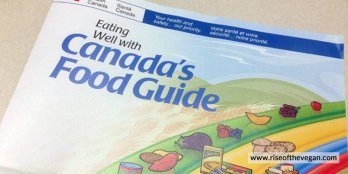
Progress! Canada's New Draft Food Guidelines Favor Plant-Based Protein and Eliminates Dairy As a Food Group
Last fall, when the Canadian government began consulting the public on its plan to revise national food guidelines, I wrote that the existing food guide had lost all usefulness and credibility because lobbyists and economic concerns, rather than science, had been the driving force behind their structure and content.
I wrote that we don’t need food categories (other countries have done away with them) but if we retain them we absolutely don’t need a milk category, and the “meat and alternatives” category should instead be “protein” that gives due prominence, given their health advantages, to legumes.
Frankly, this was pie-in-the-sky. Despite these suggestions being based on sound nutrition science, I wasn’t optimistic that government would escape the long reach of the animal foods industries that have been effective in maintaining undue prominence in dietary guidelines since the 1940s.
Happily, I was very wrong.
The Canadian government has issued new draft healthy eating recommendations, which would overhaul the antiquated system of food categories—focusing instead on eating patterns—and emphasize the importance of including a “high proportion of plant-based foods.” The milk category is indeed gone in the draft recommendations, and the powerhouse legume has been elevated above animal foods.
The draft food guide’s first, foundational recommendation establishes the importance of whole foods and specifies that plant-based foods (such as legumes) are a preferred source of protein. The recommendation is for “regular intake of vegetables, fruit, whole grains and protein-rich foods, especially plant-based sources of protein.”
The draft guidelines also encourage a shift away from animal foods by advising that people eat foods with unsaturated fat instead of saturated fat (saturated fat is found almost exclusively in animal foods). The recommendation is for the “inclusion of foods that contain mostly unsaturated fat, instead of foods that contain mostly saturated fat.”
There’s no more dairy food group, a win not only for public health but also cultural inclusivity, given that up to 90 percent of some non-European ethnicities are lactose intolerant. It’s also a huge win for the cows who really don’t want us to kill their babies so we can steal their milk. Instead, the guidelines will sensibly advise people to drink water.
The draft guidelines acknowledge that our food system is inextricably linked to our environment, contributing to greenhouse gas emissions, soil degradation, decreases in water quality and availability, and wildlife loss. The draft food guide states that “diets higher in plant-based foods and lower in animal-based foods are associated with a lesser environmental impact.” Expanding our conception of health to include environmental considerations makes sense because our short- and long-term mental and physical health are directly related to the health—or not—of our environment.
The guidelines are based on a comprehensive review of health evidence, considering both quality and source of the information, as well as actual information about Canadians’ eating habits. Industry-commissioned reports were excluded from consideration.
Still, the draft guidelines are not without concerns. Industry and economic influences linger. For example, in the first guiding principle—after acknowledging up-front the healthfulness of plant-based foods—an unnecessary non-sequitur sentence talks about the nutritive value of animal foods. And it is recommended that people “limit”—rather than “avoid”—saturated fat, even though this unhealthy form of primarily animal fat is linked to a variety of preventable lifestyle diseases.
Nevertheless, these draft guidelines are a dramatic improvement, putting Canada alongside Brazil as a world leader in taking back our eating recommendations from industry and promoting evidence-based eating patterns to benefit our health and planet.
This food guide hasn’t been finalized yet, so now is a critical time to participate by saying what you like (and don’t like) about the draft. Industry is already organizing and lobbying, trying to unfairly retain its foothold at the expense of our health. We need our voices to be equally loud.
Subscribe!
Love this content?
Receive our awesome newsletter straight to your Inbox!

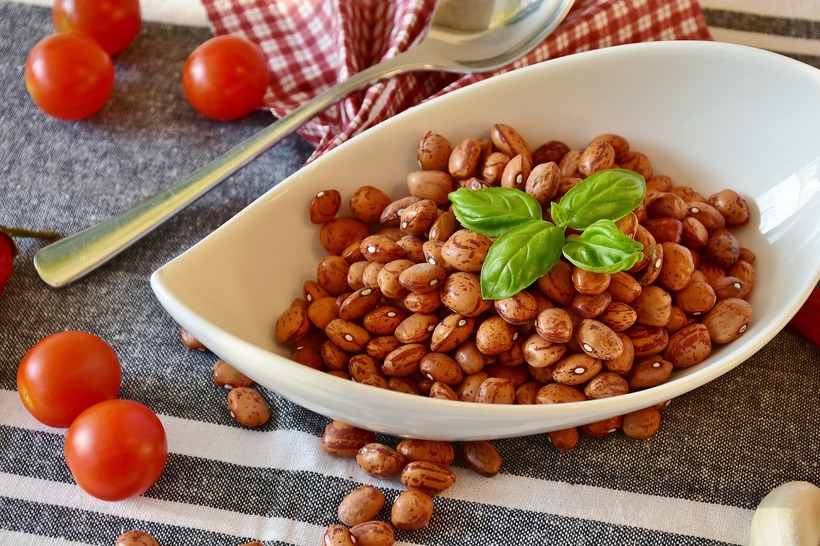
 Your email address will always stay private.
Your email address will always stay private.


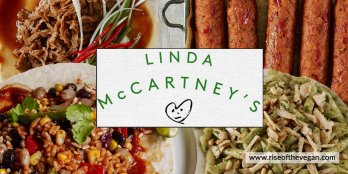


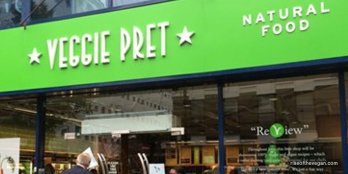



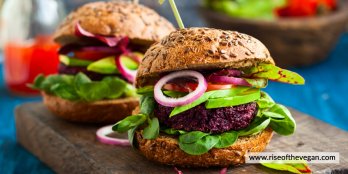






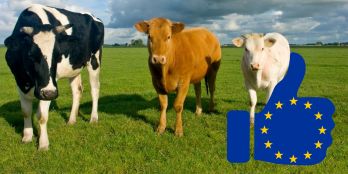
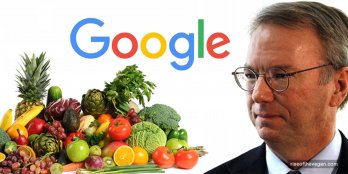

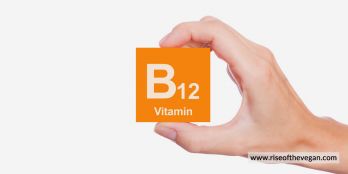
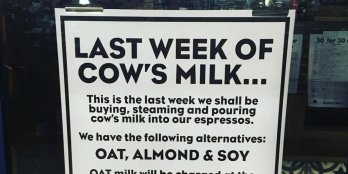
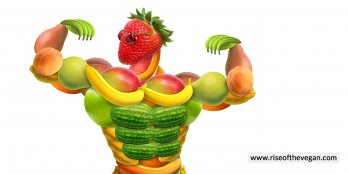

Comments